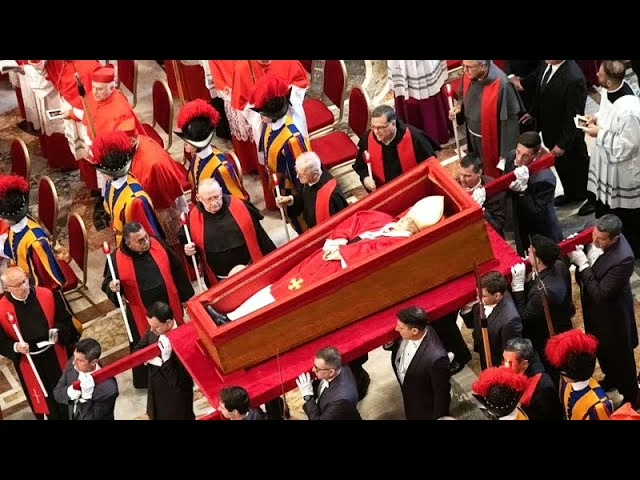The Federal High Court in Abuja has directed former Governor of Kogi, Alhaji Yahaya Bello, to appear in court for his trial.
Justice Emeka Nwite emphasized that despite any potential issues with the arrest warrant, Bello must attend court proceedings.
The court scheduled May 10 for the ruling on Bello’s plea to nullify the arrest warrant, which was issued on April 17 following an application by EFCC’s lawyer, Rotimi Oyedepo, SAN.
Bello’s legal team, led by Adeola Adedipe, SAN, argued on April 23 for the arrest warrant to be set aside, citing that their lead counsel, Abdulwahab Mohammed, SAN, had already accepted the charge on Bello’s behalf.
He argued that the arrest warrant order, having been made before the charge ought to be set aside suo motu (on its own accord, without any request by the parties involved).
The senior lawyer argued that contrary to Pinheiro’s submission that the ex-governor must be in court first before any application could be entertained being a criminal case, he said the anti-graft agency also made an application on April 18 after the warrant arrest was issued to EFCC on April 17 and that the court granted it.
The lawyer submitted that the arrest warrant was issued in favour of the EFCC by the court in violation of fair hearing to their client.
According to him, the complainant made an application for substituted service on 18th day of April after the arrest warrant had been issued on 17th day of April and today, my noble lord granted it.
“The court must satisfy itself that the defendant (Bello) will not be prejudiced in fairness if the warrant of arrest continues to hang on his neck, having been made before service of the charge contrary to Section 394 of ACJA,” Adeola argued.
He argued that justice should be a three-way traffic; that is, justice to the prosecution, the defendant and the public.
He said for Bello to appear in court, he must have the notion that he would get justice.
Adedipe also argued that the EFCC was an unconstitutional body because its establishment was not ratified by the 36 states of the federation.
He said that for the EFCC to become a constitutional body, the 36 states of the federation must ratify the law establishing it as against the current position, that the EFCC Establishment Act was unilaterally ratified by the Federal Government.
He, therefore, asked the judge to vacate the arrest warrant against the former governor.
But Pinheiro vehemently opposed the application.
The appropriateness of the siege on Bello’s residence by operatives of the Commission about two weeks ago had elicited a heated debate across the country, particularly with the realisation that there had been a restraining order against such action, which had not been vacated as of the time of such action.











Leave a Reply